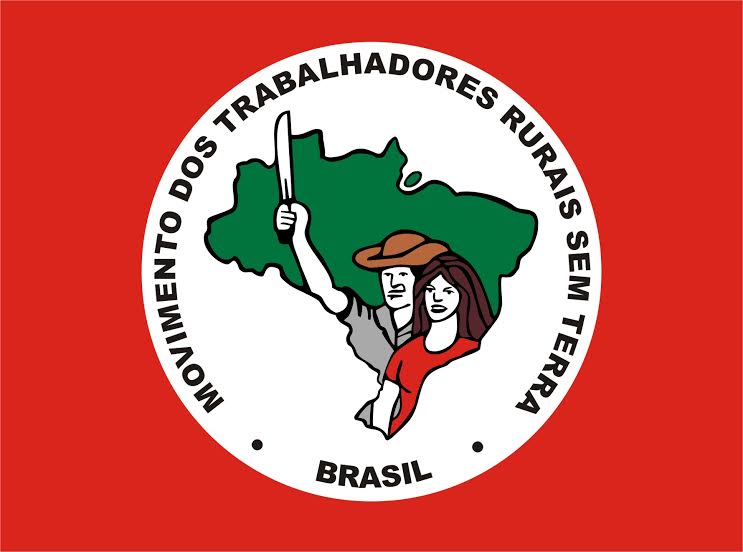More Than 100,000 Protest Against Temer in São Paulo
 Over a hundred thousand people attended the protest against the Temer government on Sunday, September 4 on Paulista Avenue. The demonstration, organized as a united action by the Brazil Popular Front and People Without Fear, criticized the process of institutional breakdown in the country and the agenda to curtail rights announced by the PMDB.
Over a hundred thousand people attended the protest against the Temer government on Sunday, September 4 on Paulista Avenue. The demonstration, organized as a united action by the Brazil Popular Front and People Without Fear, criticized the process of institutional breakdown in the country and the agenda to curtail rights announced by the PMDB.

 Brazilian democracy.
Brazilian democracy. increased social inequality and concentration of income and wealth, besides intensifying the use of repressive state apparatus worldwide.
increased social inequality and concentration of income and wealth, besides intensifying the use of repressive state apparatus worldwide.